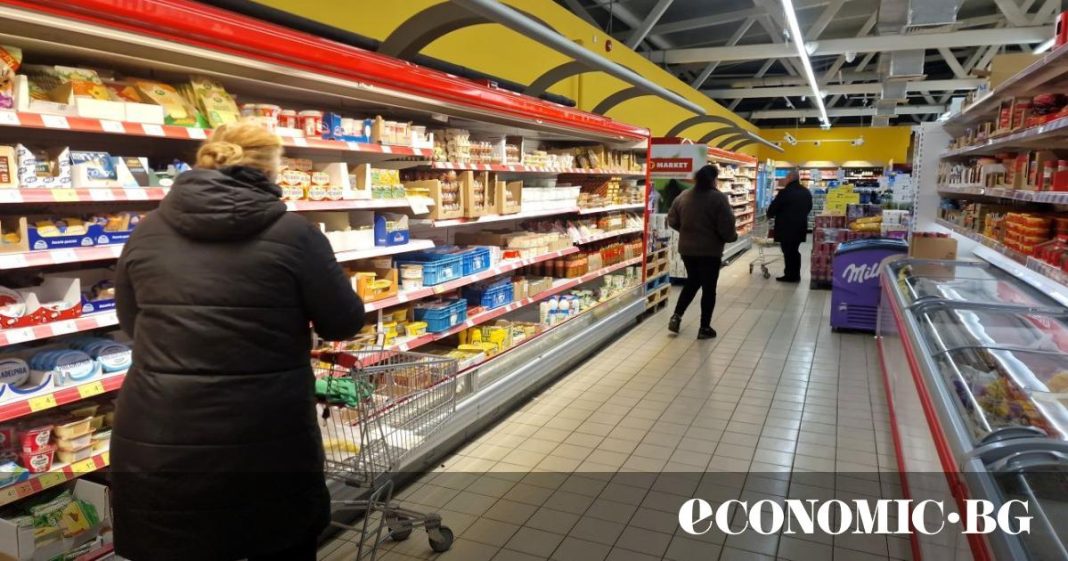Bulgaria ranks 22nd among 30 countries in this year’s edition of the Nanny State Index, according to data from EPICENTER, whose partner for Bulgaria is the Institute for Market Economics (IME).
The index measures the degree of state intervention in citizens’ personal choices regarding food, alcoholic and non-alcoholic beverages, and cigarettes.
According to the analysis, Bulgaria ranks among the countries with a more liberal regime, especially with regard to food and alcohol consumption. At the same time, the country is tightening control over nicotine-related products, both through high taxes and proposed bans.
Lowest state intervention in food and beverages
In the “Food and non-alcoholic beverages” category, Bulgaria ranks last (29th), which in this index means the most liberal regime. There are no additional taxes on sweetened beverages or certain foods, no restrictions on vending machines or promotions, and no restrictions on food advertising.
Alcohol: Freedom with some restrictions
The country ranks 21st for alcohol, which places it in the lower, more liberal part of the ranking.
Taxes (excise duties) on beer and spirits are relatively low, and there are no taxes on wine at all,“ explain the IME.
Bulgaria also does not apply minimum prices or bans on the display of alcohol in retail stores, and advertising restrictions are moderate, with some restrictions only on spirits on television.
Strict regime on smoking and vaping
However, this is not the case with nicotine products.
The strongest state intervention is observed in the “Tobacco smoking” category, where Bulgaria ranks 11th, placing it in the group of countries with the most restrictions.
The ban on indoor smoking is strict, covering both workplaces and restaurants, and cigarette vending machines are prohibited. Advertising is almost entirely restricted, and in recent years, enforcement of the bans has been significantly strengthened,“ say the economists.
Of particular interest is the ”Safer nicotine“ category, which includes electronic cigarettes, nicotine pouches, and heated tobacco.
Here, Bulgaria ranks 22nd, but the trend is toward stricter measures—a high excise tax has been introduced on e-cigarette liquids, which is expected to increase further by 2029. In addition, in February 2025, a proposal was introduced to completely ban the import, sale, and distribution of vapes, which has already passed its first reading in parliament.
The trend in Europe is towards more control
The overall review of the 2025 Index shows that the trend towards state intervention in personal choice is deepening in almost all countries. At the top of the ranking – i.e. the most restrictive countries – are once again Turkey, Lithuania, and Finland. These countries have strict bans on flavours in e-cigarettes, high taxes on alcohol and tobacco products, and restrictions on advertising and promotions.
Additional bans are in the pipeline in the United Kingdom and Belgium, including on single-use vapes and advertising for certain foods. At the same time, liberalization is almost non-existent, with rare exceptions such as Sweden, where the tax on snus (a smokeless alternative to tobacco) has been reduced.
Translated with DeepL.
Източник: Economic.bg


